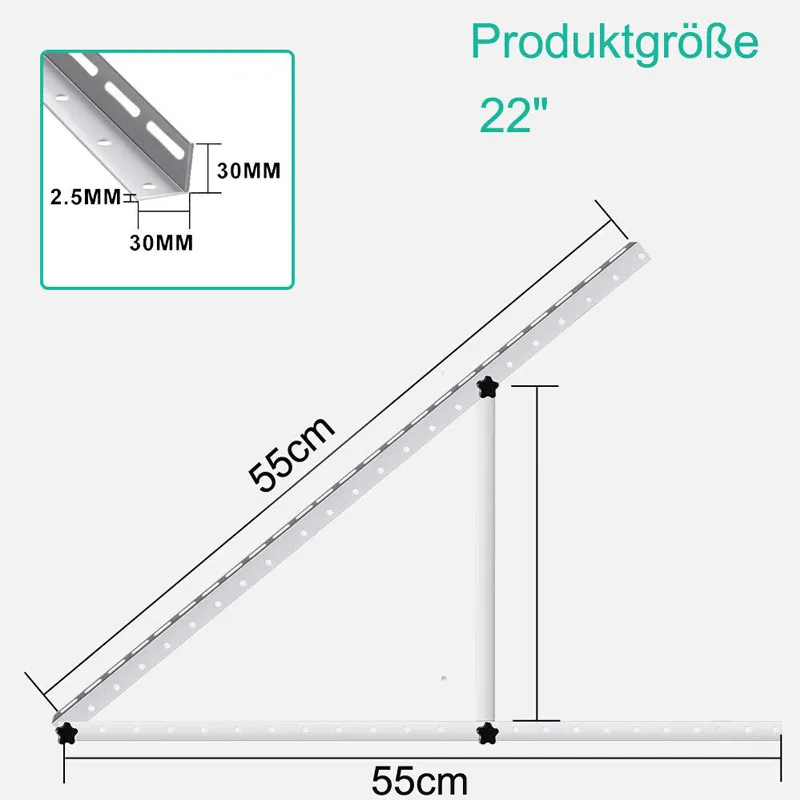

structural steel bolts
Dec . 12, 2024 16:09 Back to list
structural steel bolts
Understanding Structural Steel Bolts Importance, Types, and Applications
Structural steel bolts are essential components in the construction and manufacturing industries. They serve as a crucial link in the assembly and stability of structures, providing strength and resilience to buildings, bridges, and other infrastructures. Their design, materials, and applications vary widely, making it crucial to understand what makes them fundamental in modern engineering.
What are Structural Steel Bolts?
Structural steel bolts are fasteners specifically designed to join steel elements in structural applications. Typically made from high-strength steel, these bolts are engineered to withstand significant loads and stresses. They are often subject to rigorous testing standards to ensure they can handle the demands of various environments, including exposure to weather, corrosion, and vibration.
The Importance of Structural Steel Bolts
The integrity of a structure largely depends on the quality and strength of its connections, and structural steel bolts play a vital role in achieving this. They allow for flexible connections that can accommodate slight movements, making them preferable in seismic zones or areas prone to expansion and contraction due to temperature changes.
Furthermore, the correct installation of structural bolts ensures safety and compliance with building codes. Misaligned or improperly secured bolts can lead to catastrophic failures, resulting in significant risks to both human safety and financial resources. Therefore, understanding the specifications, installation procedures, and maintenance of these bolts is critical for engineers and construction professionals.
Types of Structural Steel Bolts
1. Hex Head Bolts These are the most commonly used bolts in construction due to their ease of use and versatility. They can be tightened with a wrench, making them suitable for various projects.
2. Anchor Bolts Designed to anchor structures to concrete, these bolts play a crucial role in seismic safety by providing stability and resistance against pull-out forces.
3. High-Strength Bolts Often used in steel frame construction, these bolts have higher tensile strengths than regular bolts. They are typically used in tension applications, thus ensuring the structural joints maintain their integrity under load.
4. Lag Bolts Also known as lag screws, these are used for fastening wood to wood or wood to metal. They have a larger diameter and provide greater holding power.
structural steel bolts

5. Machine Bolts Ideal for mechanical applications, machine bolts have rounded or flat heads and can be used in various materials, not just steel.
Installation and Standards
Installation of structural steel bolts requires adhering to strict industry standards to ensure safety and reliability. The American Institute of Steel Construction (AISC) and the American National Standards Institute (ANSI) outline guidelines for bolt specifications, installation procedures, and testing methods.
Proper torque must be applied during installation, which ensures that the bolts achieve the intended clamping force. Various techniques, such as tension control and direct tension indicators, are utilized to ensure the correct amount of force is applied, preventing loosening or failure over time.
Applications of Structural Steel Bolts
The applications of structural steel bolts are vast and varied. They are used in
- Buildings In steel framing, where beams and columns are connected to form the skeleton of the structure. These connections must endure a variety of loads, including dead loads, live loads, and environmental forces.
- Bridges Structural steel bolts are critical in bridge construction, where they create secure connections that can withstand dynamic forces and extreme weather conditions.
- Industrial Facilities In factories or warehouses, where heavy machinery is often installed requiring robust structural support.
- Marine Structures Bolts designed for marine environments are coated or treated to resist corrosion due to the harsh conditions present near water bodies.
Conclusion
In summary, structural steel bolts are a fundamental element of modern construction and manufacturing industries. Their diverse types and applications ensure that engineers and builders can create safe, durable, and effective structures. Understanding their importance, various types, and installation practices is essential for anyone involved in construction and engineering, ensuring that structures are built to last and are capable of withstanding the test of time. As building standards evolve and safety concerns grow, the role of structural steel bolts will continue to be pivotal in the development of resilient infrastructure across the globe.
Latest news
-
High-Strength Hot Dip Galvanized Bolts - Hebei Longze | Corrosion Resistance, Customization
NewsJul.30,2025
-
Hot Dip Galvanized Bolts-Hebei Longze|Corrosion Resistance&High Strength
NewsJul.30,2025
-
High-Strength Hot-Dip Galvanized Bolts-Hebei Longze|Corrosion Resistance&High Strength
NewsJul.30,2025
-
Hot Dip Galvanized Bolts-Hebei Longze|Corrosion Resistance&High Strength
NewsJul.30,2025
-
Hot Dip Galvanized Bolts - Hebei Longze | Corrosion Resistance, High Strength
NewsJul.30,2025
-
High-Strength Hot Dip Galvanized Bolts-Hebei Longze|Corrosion Resistance, Grade 8.8
NewsJul.30,2025

